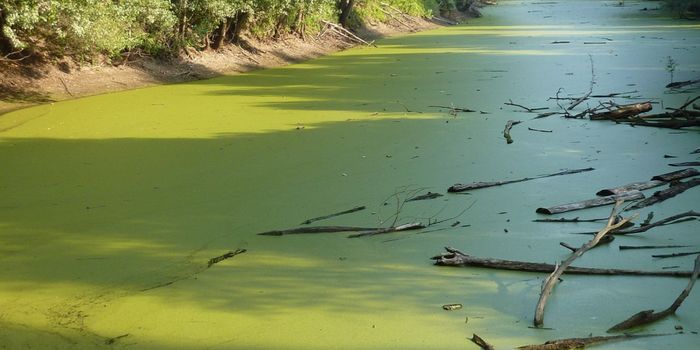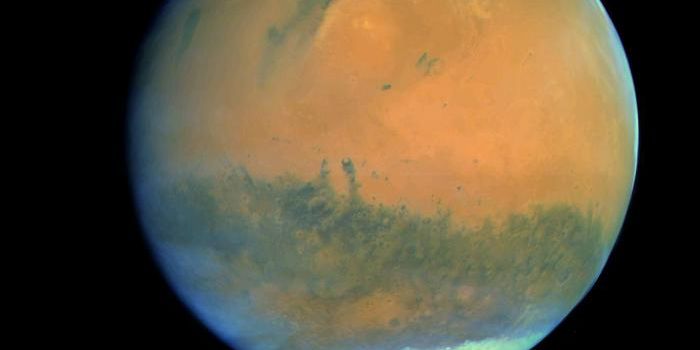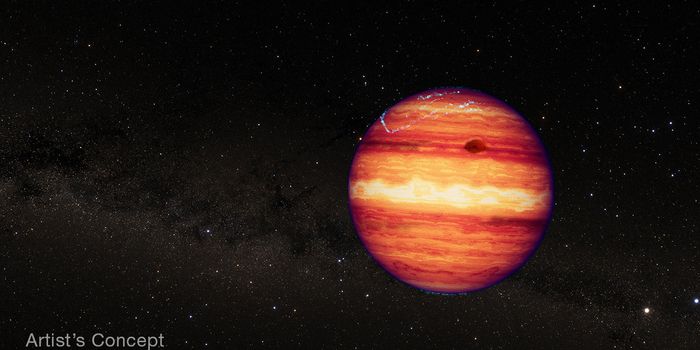Farming Fish Sustainably
Fish farming has become a necessary practice as the population grows. It can be controversial among some groups because of its effects on the environment, but, when done correctly it can be a very good source of protein and economic activity for a region and is a better option than overfishing our wild stocks. There are some environmental issues that can occur with overcrowded and dense farms, but like any farming, there are ways to mitigate the issues.
Fish farms like land farms require a lot of space, but their space is in the water. Many fish farms use natural water bodies, and sometimes artificially built pools for smaller young fish, which makes it easier to let waste flow downstream and have consistent water quality. The fish are generally kept inside floating or in grounded pens with nets. This means that instead of land deforestation, there is destruction of aquatic or marine habitat to make room for farms. Shrimp farms are especially notorious for the destruction of mangrove swamps, very important nursery habitat for wild young fish.
Like traditional farms, fish farms require a lot of feed and produce a lot of waste. This waste on land usually flows into the nearby waterways. On a fish farm, it is already in the waterway, with the fish that are being grown. This can be mitigated by putting fish farms out in deeper water, where there are little species to impact with waste, and may even provide nutrients in the barren parts of the ocean for organisms to grow. Another way to address this is to grow mollusks nearby, which filter feed and clean the water, while also growing more protein to sell.
All these challenges with fish farming are equivalent to those facing traditional farming. However, unlike traditional farming, fish farming has only been commercially viable across much of the world for a short time. We are constantly developing techniques to make this practice more sustainable. If we continue to fish commercially the way we have in the past, we will deplete our water of wild fish. It is not a sustainable way to harvest aquatic species. New technologies like deep water aquaculture and lab-grown meat will be able to replace some fish products in the future, and we won’t have to worry about the effects of fishing or fish farming on the earth, but for now, we should do our best to focus on getting the most efficient use out of our waters. Fish farms are much more efficient than wild commercial fishing to provide the food that we need.
Sources: National Geographic, Sustainable Use and Protection of Animal World in the Context of Climate Change, Journal of Environmental Management








